Ivers Family Crest, Coat of Arms & Ivers Name Origin
|
|
|
|
|
| Return to Home page | Bookmark this page | Link to this page | Send a Ivers Postcard |
| Find Your Name | ||||||||
| A | B | C | D | E | F | G | H | |
| I | J | K | L | M | N | O | P | |
| Q | R | S | T | U | V | W | X | |
| Y | Z | |||||||
Ivers Family Crest


Origin of the Name Ivers
The ancient history of the name Ivers was found in the allfamilycrests.com archives.
Over the centuries Surnames developed a wide number of variants. Different spellings of the same name can be traced back to an original root. Additionally when a bearer of a name emigrated it was not uncommon that their original name would be incorrectly transcribed in the record books at their new location. Surnames were also often altered over the years based on how they sounded phonetically and depending on the prevailing political conditions it may have been advantageous to change a name from one language to another.
Variants of the name Ivers
include O'Hure, Howard, Jevers, McKeever and McIvor. Meaning 'chief guardian', this name is of Anglo-Celtic descent spreading to the countries of Ireland , Scotland and Wales in early times and is found in many mediaeval manuscripts throughout these countries. The name in Ireland is taken from the Gaelic septs of MacIomhair and O'hIomhair. A sept or clan is a collective term describing a group of persons whose immediate ancestors bore a common surname and inhabited the same territory. Irish septs and clans that are related often belong to even larger groups, sometimes called tribes.
This sept were allied to the O'Deas and were located near Mount Callan, being listed among the principal Thomond septs at the Battle of Abbey in the year 1317. These families anglicized their Gaelic name as Ivers. Ivers today is mostly found in County Louth and is often an abbreviation of MacIvor which is an alternate form of the variant MacKeever, a name well known in Counties Monaghan, Tyrone and Derry.
The Ivers coat of arms came into existence centuries ago. The process of creating coats of arms (also often called family crests) began in the eleventh century although a form of Proto-Heraldry may have existed in some countries prior to this. The new art of Heraldry made it possible for families and even individual family members to have their very own coat of arms, including all Ivers descendants.
|
WONDERFUL GIFTS FOR EVERY OCCASION
Show Off Your Heritage With Our Range Of Top Class Gifts For Your Family Name! VERY LIMITED TIME OFFER: FREE DELIVERY!!! |
||
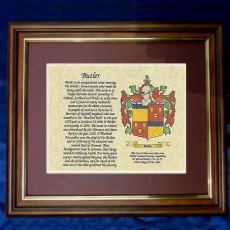 Parchment Prints: Framed, Unframed, Perfect  |
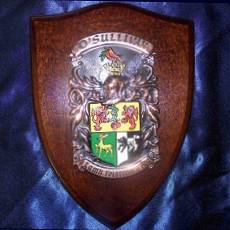 Researched Hand-Painted Plaques & Shields  |
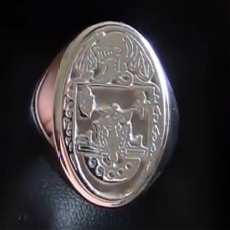 Incredible Hand-Engraved Signet & Seal Rings  |
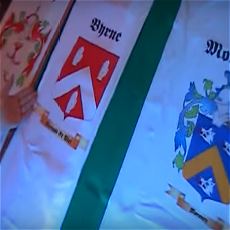 Get your Family Crest Flag, on Ireland or White background!  |
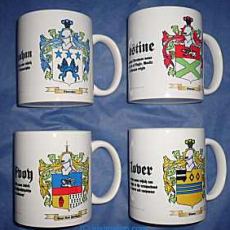 Personalized Coffee Mugs Make Thoughtful Personalized Gifts  |
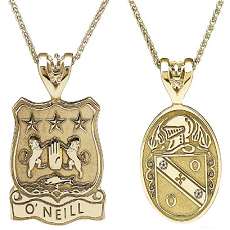 Engraved Pendants in Gorgeous Gold or Stylish Silver.  |